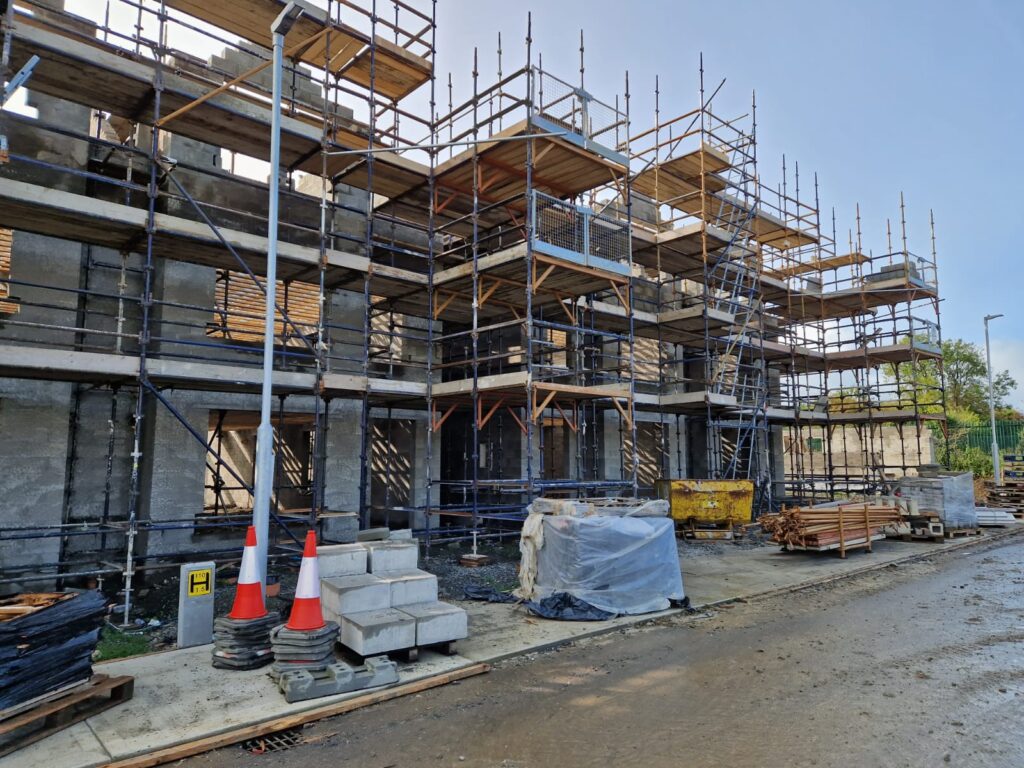Unintended Consequences of the Residential Zoned Land Tax (RZLT)

There is a particularly interesting article in the Irish Examiner today wherein property developer Michael O’Flynn warns of the likely ‘unintended consequence’ of the Residential Zoned Land Tax (RZLT) new land tax to increase the price of new homes for homebuyers – you can read the article in full here.
As regular readers here will be aware, the introduction of the RZLT aims to promote development by taxing lands primed for residential development yet remaining unused. While the tax sounds reasonable on paper, the Cork developer has sounded the alarm on the potential trickle-down effects of the tax. Given that developers may face significant charges from the tax, the costs will invariably find their way into the pricing of new homes, making housing more expensive for end buyers. O’Flynn, whose plans for a development off Dublin’s Naas Road could lead to an estimated €1m annual tax bill due to a lost appeal to An Bord Pleanála, pointed out that the extra administrative processes and appeals stemming from the RZLT result in an uptick in housing costs.
What was intended as a measure to deter land hoarding is morphing into a de facto tax on residential development.
The O’Flynn Group is entangled in various appeals against the inclusion of their lands in site designation maps where the tax would apply. If these appeals are not successful, they might snowball into costly judicial reviews. For instance, the Naas Road site, set to house over 1,100 apartments, now has a cloud of a €1m per annum tax overhead, primarily due to “serious infrastructure difficulties”. And while the O’Flynn Group has had some sites delisted, decisions on others are pending.
But this is larger than one developer. There’s a critical need for streamlining the RZLT, especially considering the inconsistencies in its application across various local authorities. Not all development lands are feasible ventures. Challenges stemming from infrastructure or phasing often hinder their viability. The introduction of the tax further hampers the economics of these sites. Significantly, O’Flynn points out that landbanking, an accepted practice in Ireland, shouldn’t be confused or mixed-up with speculative land hoarding, which the tax was meant to counter.
While the government has offered remedies to combat increasing house building costs, such as scrapping and subsidising development levies, the RZLT still looms large for developers. Scheduled to be managed by Revenue, the RZLT, due next year, will be charged on lands zoned for residential purposes with access to essential services but remain unused.
Looking at your own portfolio, how will this impact your development plans for 2024 and beyond?
Ian Lawlor
086 3625482
Managing Director
Lotus Investment Group
